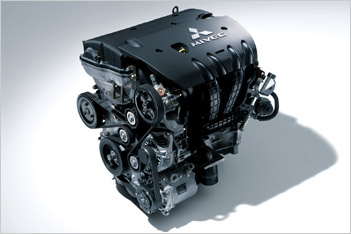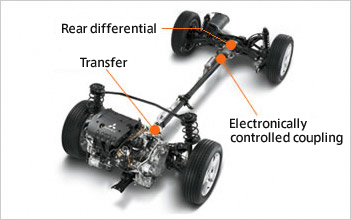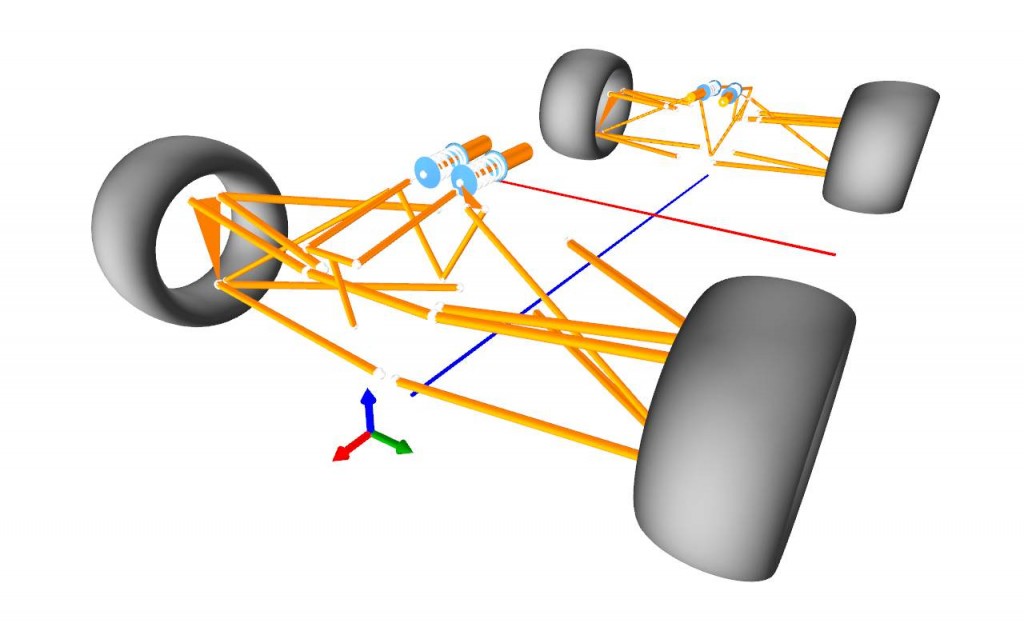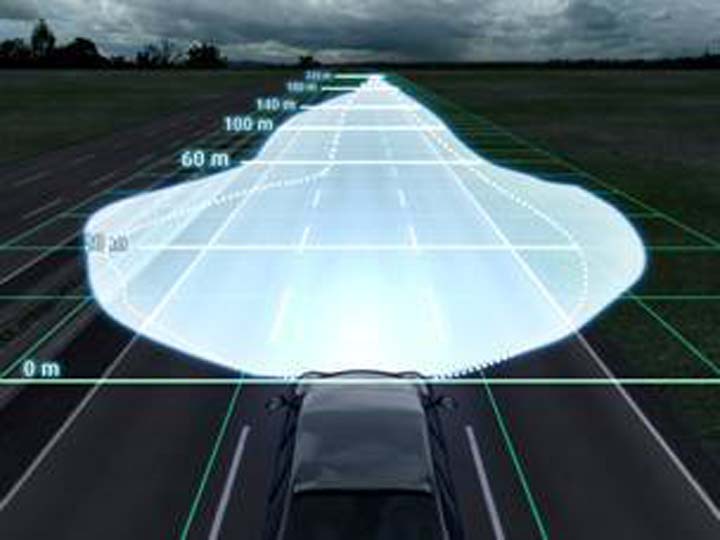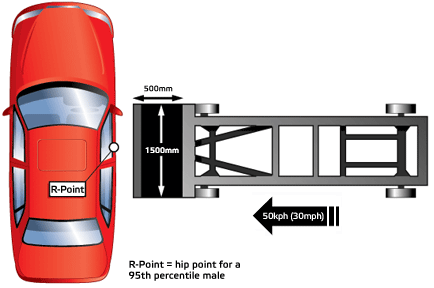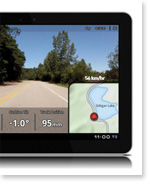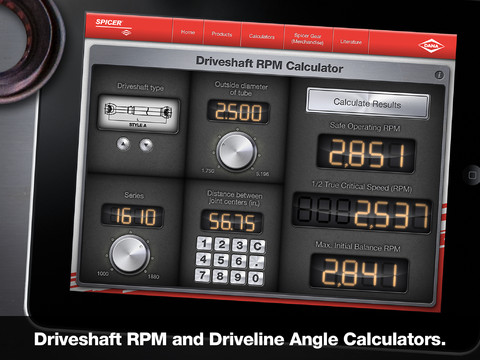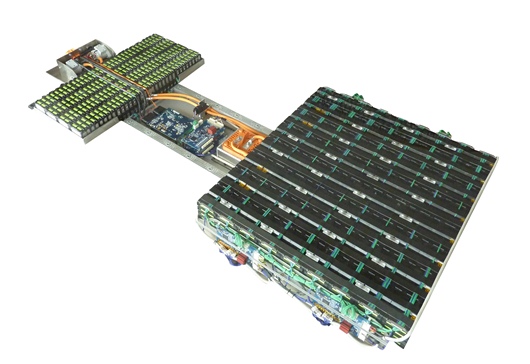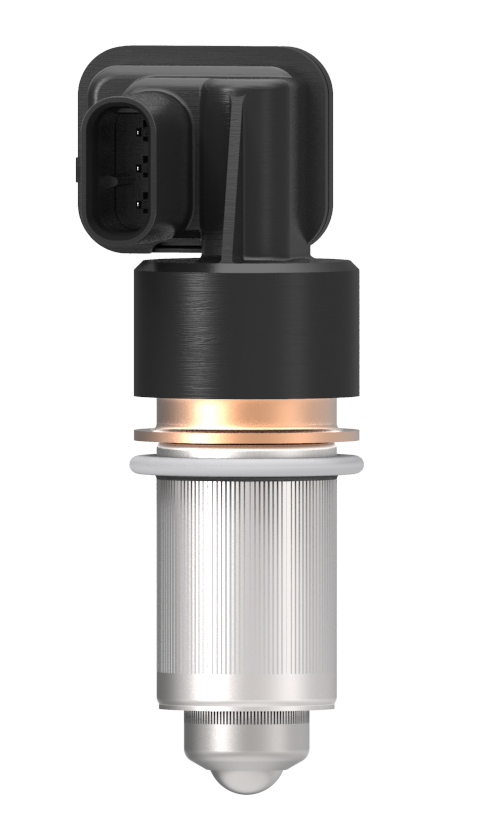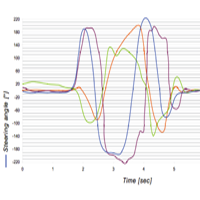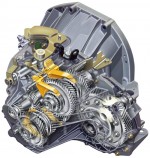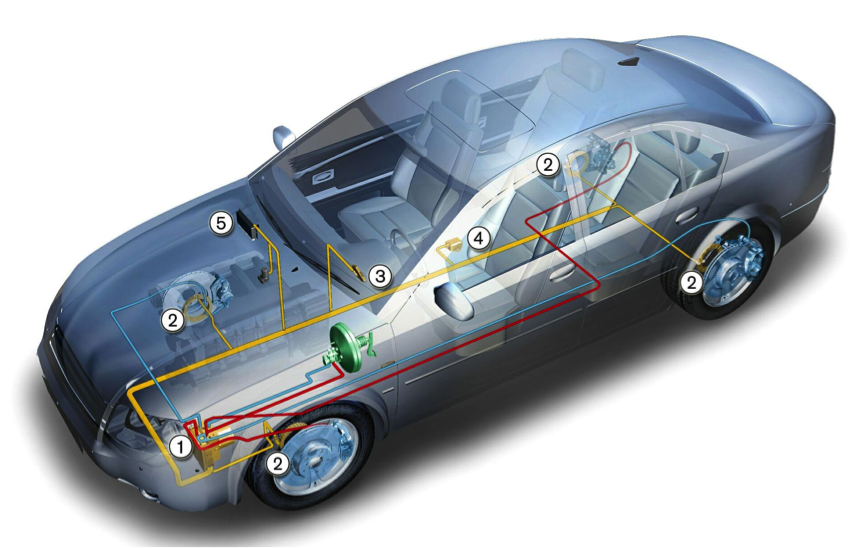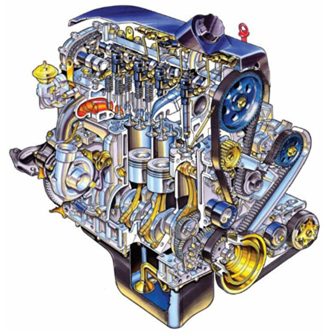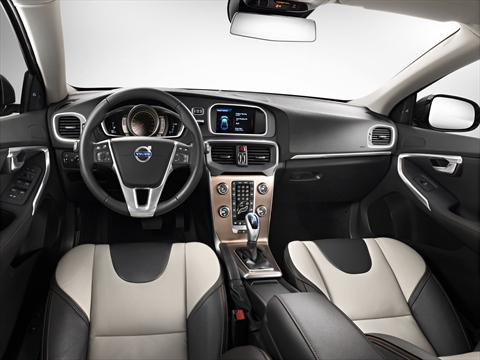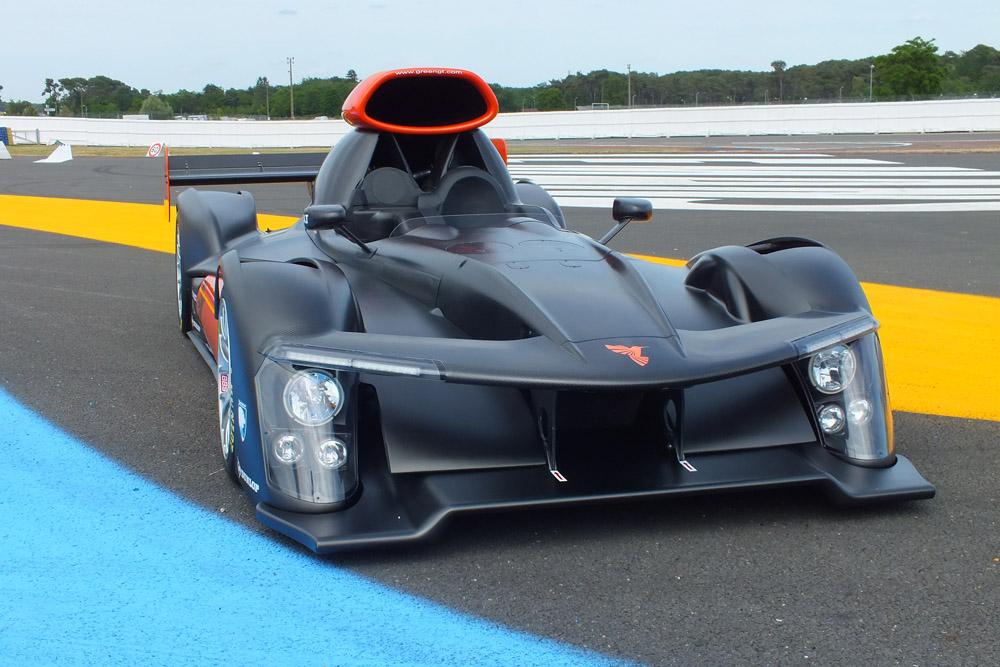Renault Trucks and the French Post Office (“La Poste”) are pursuing their commitment to a sustainable development strategy and will be introducing, on an experimental basis and as a first in Europe, an electric truck equipped with a hydrogen-powered range extender.
Renault Trucks has been experimenting, in partnership with La Poste a Maxity Electric model designed with a hydrogen-powered fuel cell, developed by Symbio FCell, which serves to double the vehicle’s autonomy. This test, scheduled to last a year, will enable Renault Trucks to explore hydrogen technology under actual operating conditions.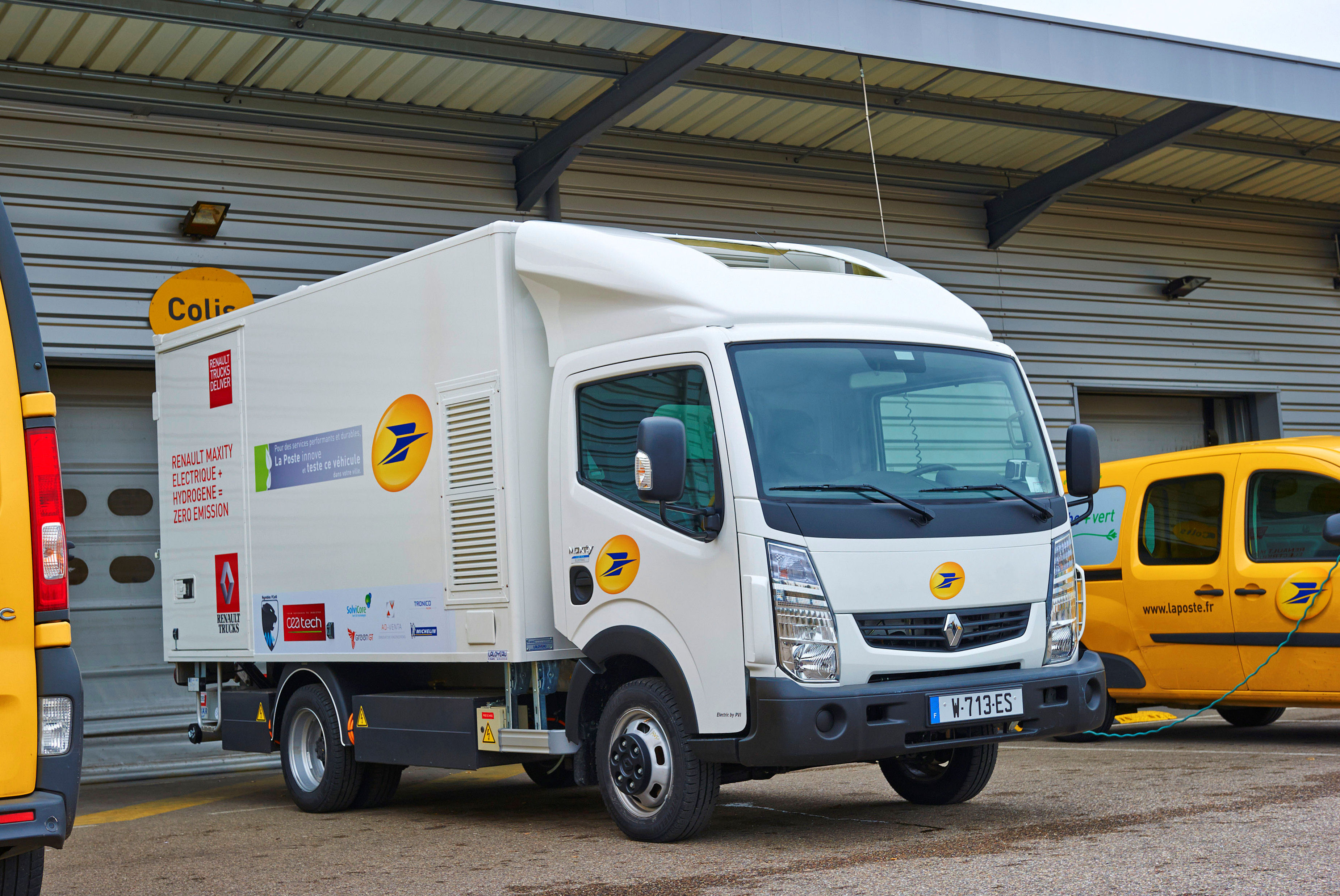
“This vehicle generates no noise and only releases water vapor; 200 kilometers of autonomy make it the ideal choice for a daily schedule of urban and suburban routes”, shares Karine Forien, Director of Energy Efficiency Strategy with Renault Trucks.
For La Poste, which at present owns the world’s largest fleet of electric vehicles, this experiment is part of a continuous effort underway to extend the autonomy of its fleet.
“Hydrogen stands out today as an efficient solution for extending the possibilities of the electric vehicle product line and its autonomy. More broadly, the development of a hydrogen-based energy storage system is a linchpin to our energy transition”, explains Frédéric Delaval, Technical Director of the Mail and Package Delivery Services Office at La Poste.
Renault Trucks has configured its 4.5-ton Maxity Electric vehicle to accommodate a fuel cell, with the development and vehicle integration steps being carried out in partnership with the firm Symbio FCell. As a result, Maxity Electric’s average autonomy of approx. 100 kilometers has been bumped up another 100 kilometers thanks to energy supplied by the fuel cell.
“When the vehicle is running, the electric motor is fed by two complementary energy sources; the fuel cell is capable of delivering a maximum power of 20 kW and, once that threshold has been reached, the batteries kick in to supply whatever power is still required. When idle, the fuel cell is available to recharge the battery as needed”, says Christophe Vacquier, supervising the project. The heat released by the cell is then reused to warm the passenger compartment, which avoids having to consume any energy stored in the batteries, thus helping ensure longer autonomy.
Certified and registered by Renault Trucks, Maxity Electric with a hydrogen-powered range extender will be operated in the city of Dole. Due to this region’s especially harsh winter weather conditions, Dole will serve as the backdrop for the Post Office’s entire experimental fleet.
Technical data of the Renault Trucks Maxity H2
– Gross weight: 4.5 t
– Pay-load: 1 t
– Cab heating: heat released by the fuel cell or CTP-type electric resistance when the fuel cell is off
– Average range: 200 km
– Max. vehicle speed: 90 km/h
– Robotized gearbox
– Asynchronous electric machine: 400 V / 47 kW
– Max. torque at vehicle start: 270 Nm
– Embedded battery energy: 42 kWh – Lithium-ion/Iron phosphate (LFP from Valence Technology)
– 4 battery packs, total weight: 400 kg
– Charging time: 7 hours
– Embedded fuel cell energy: 45 kWh – fuel cell power: 20 kW
– 2 hydrogen tanks, 75 liters each, storing 4 kg of H2 at 350 bars
– Total kit weight: 300 kg

